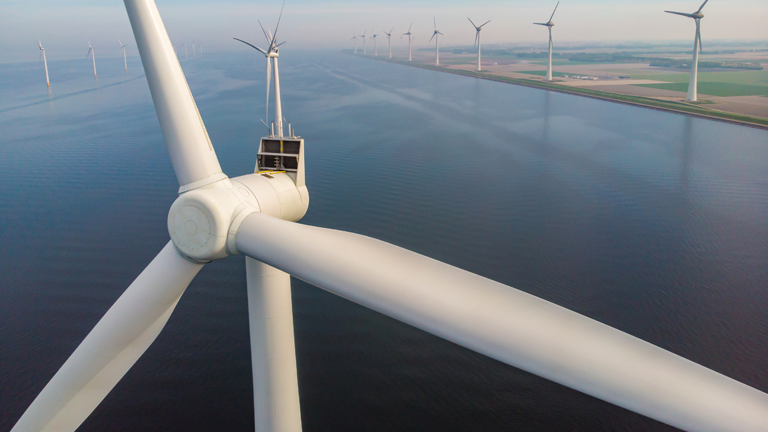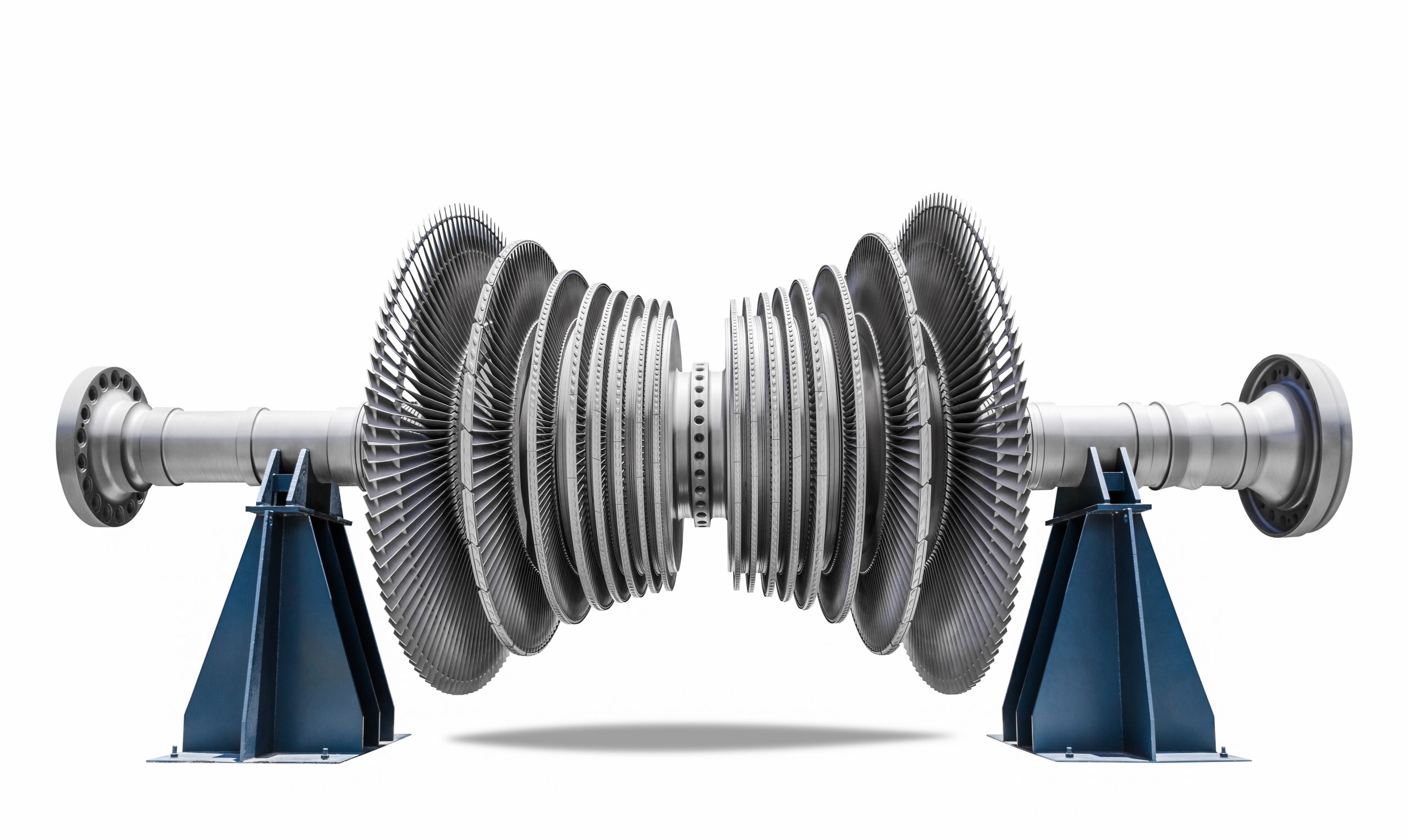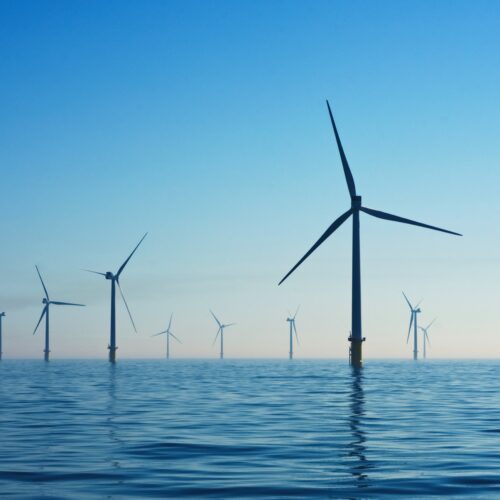A decade-long race to bring down the cost of generating wind power may not continue, as it would decrease the financial motivation of turbine producers to continue investing in new technologies, warns the head of Siemens Gamesa.
In recent years the increase in investments in green energy to tackle climate change has assisted decrease the cost of wind power to a point where it can compete with fossil fuels like coal and natural gas.
This is good in a way that it helps promote the usage of cleaner fuels, but as stated by Chief Executive Andreas Nauen to a popular media outlet.
“What we’ve clearly achieved is that wind power is now cheaper than anything else. But I believe we shouldn’t make it too cheap”. This indicates that they are happy at the same time concerned about this trend.
According to Bernstein research, wind and solar are significantly more economical than coal, natural gas, and nuclear power in Europe.
Inspired by the green transformation across the globe, there is a growing demand for wind turbines, but this increased demand is met with high competition lowering prices leading to lean profit margins.
This could hurt the companies to continue investing in the newer technologies and could lead to fewer companies motivated to stay in the same line of business if the same trend continues and could have an adverse effect on the overall growth and development of the turbines and wind power industry. This is further harmed by the increased prices of raw materials like steel.
Top players of the industry, Seimens Gamesa and Vestas, have both said that these increased costs would be reflected in higher auction prices and power purchase agreements over time.
Companies are already revising their projections due to these impacts and consider this to be a dangerous trend if not addressed at the earliest with impactful short-term and long-term solutions.
In addition, to the cost impact, governments globally are getting rid of the ample wind subsidies, requiring more competitive tenders, and promoting companies that submit the cheapest bids.
Companies are demanding a reformed tendering system where the criteria should be on be dependent on the price factor alone.




